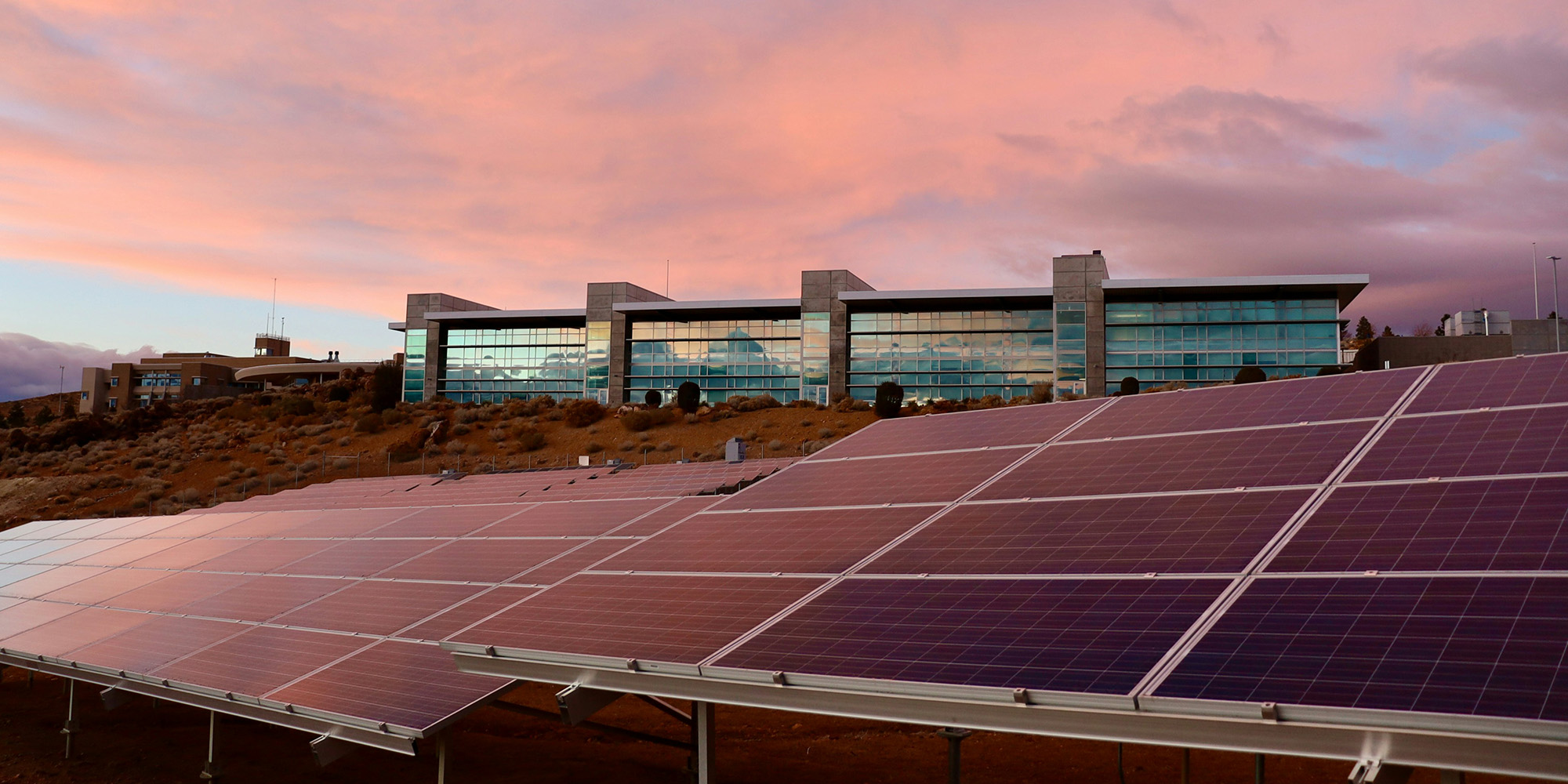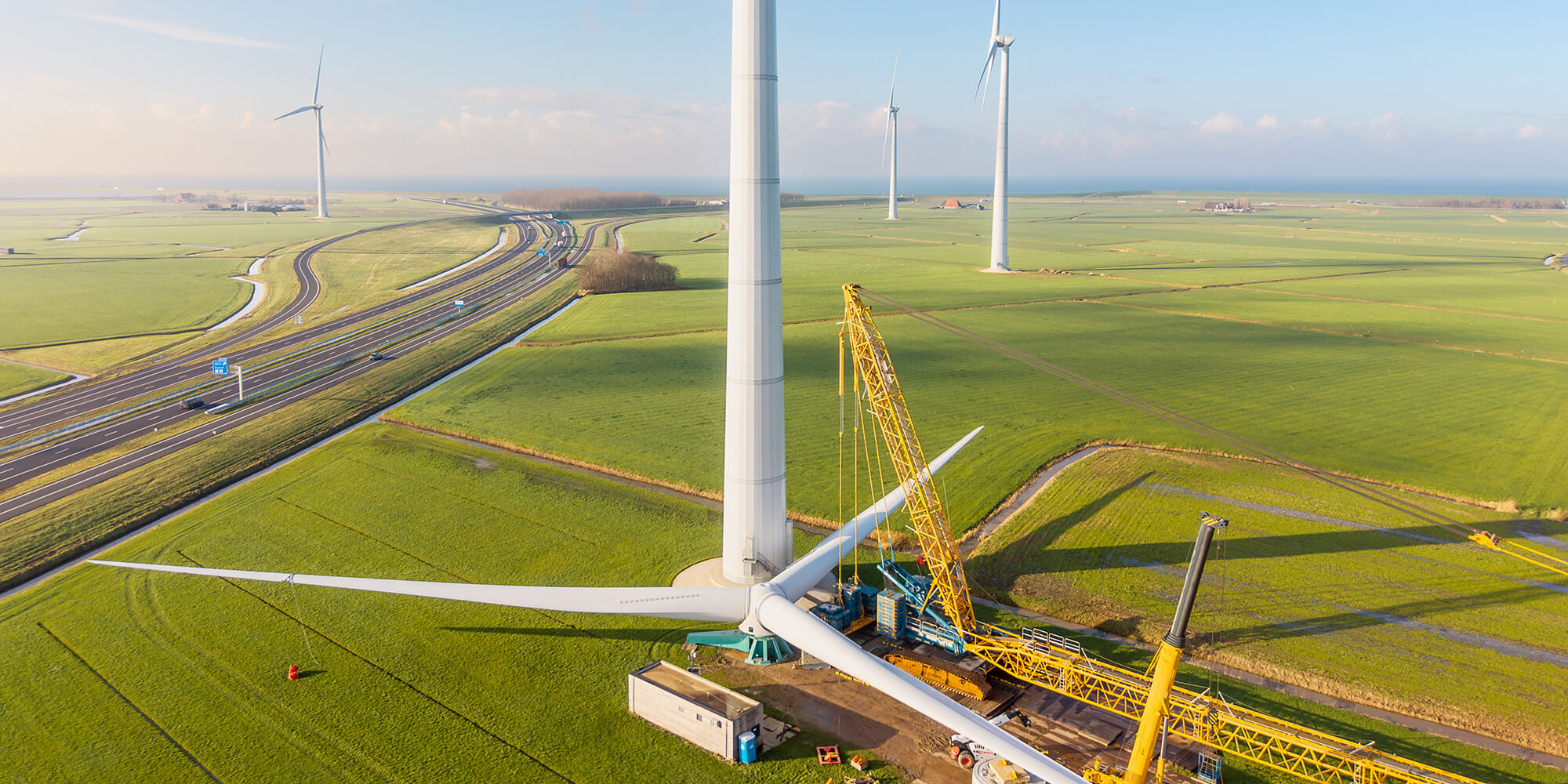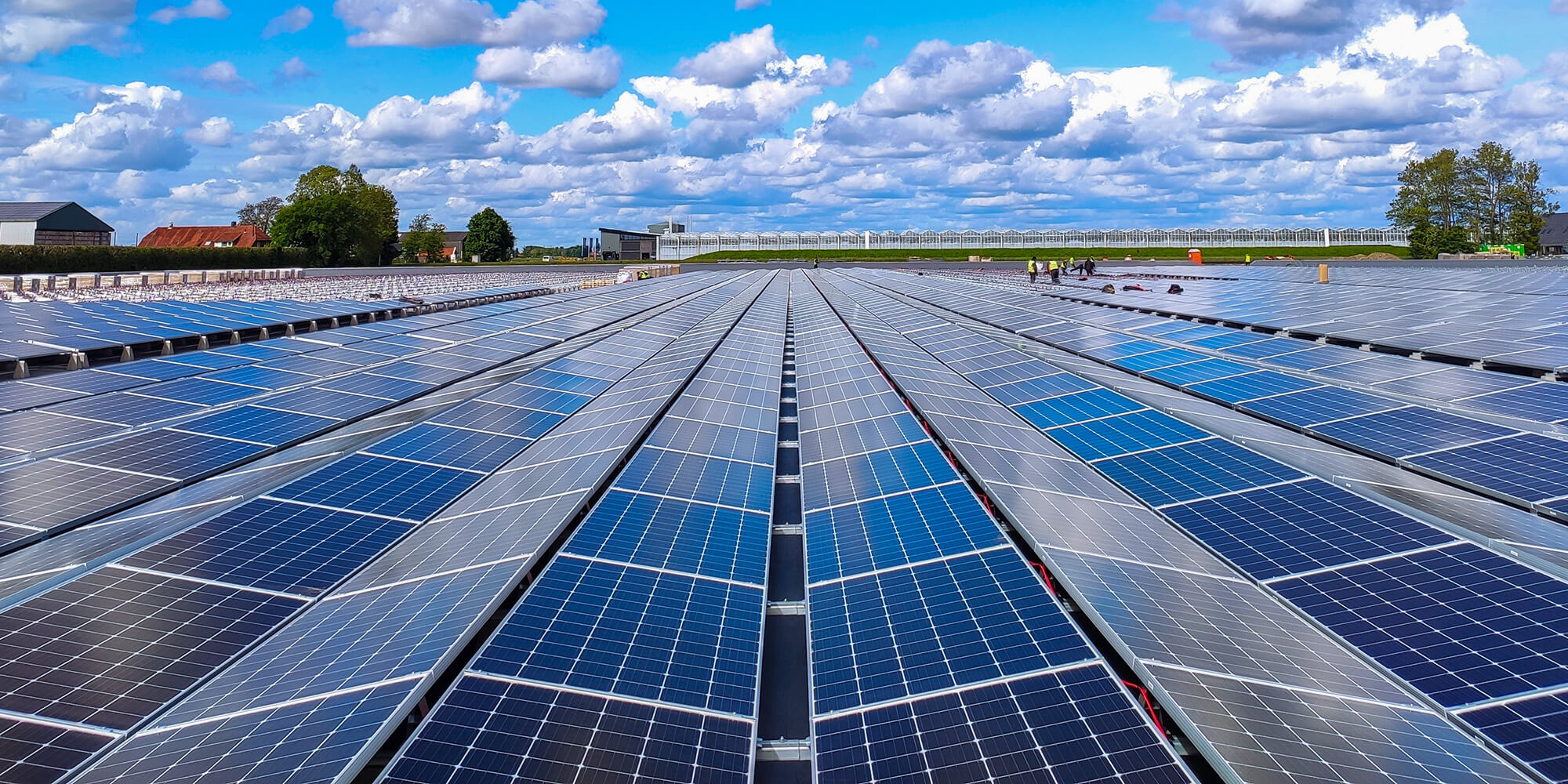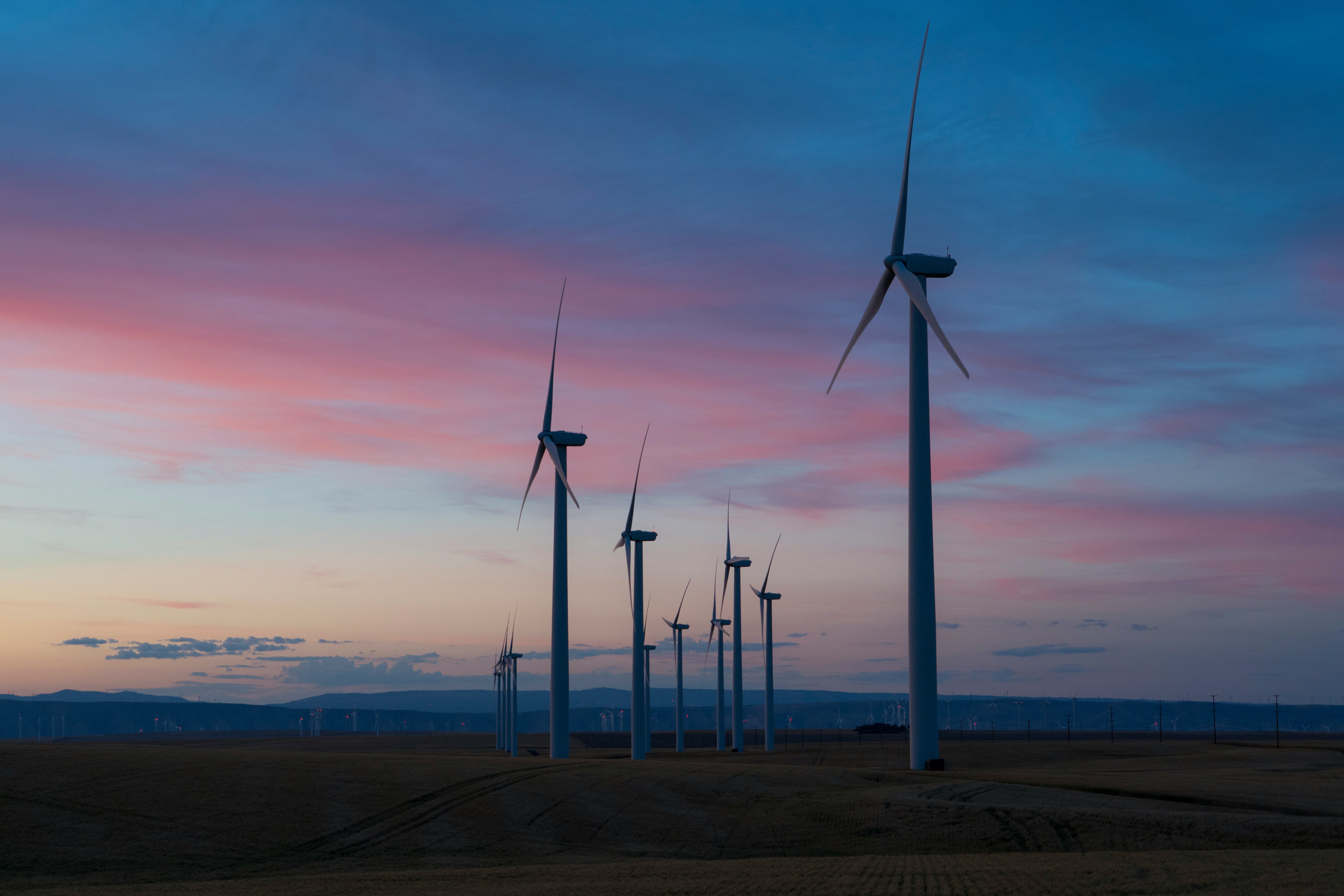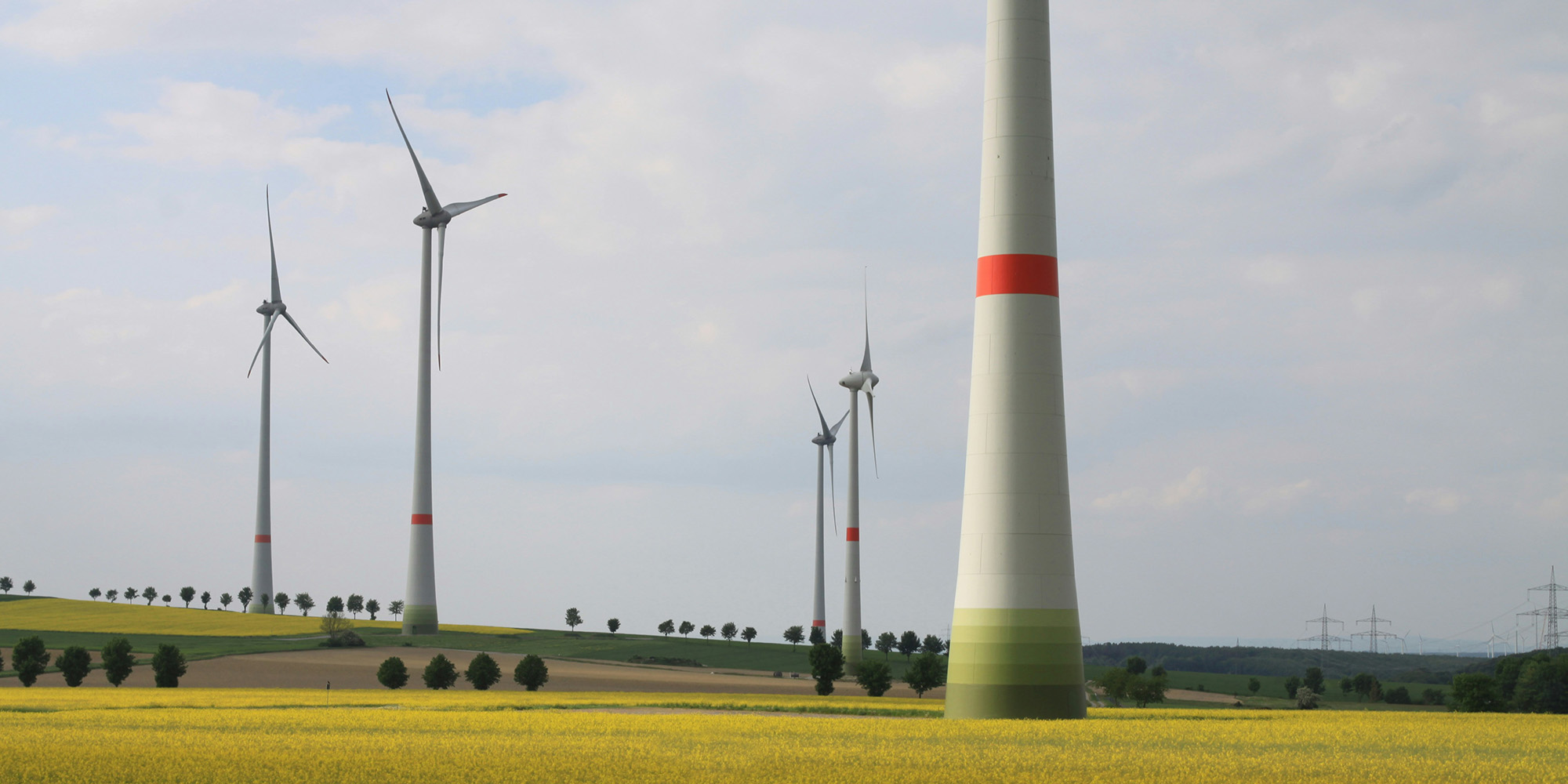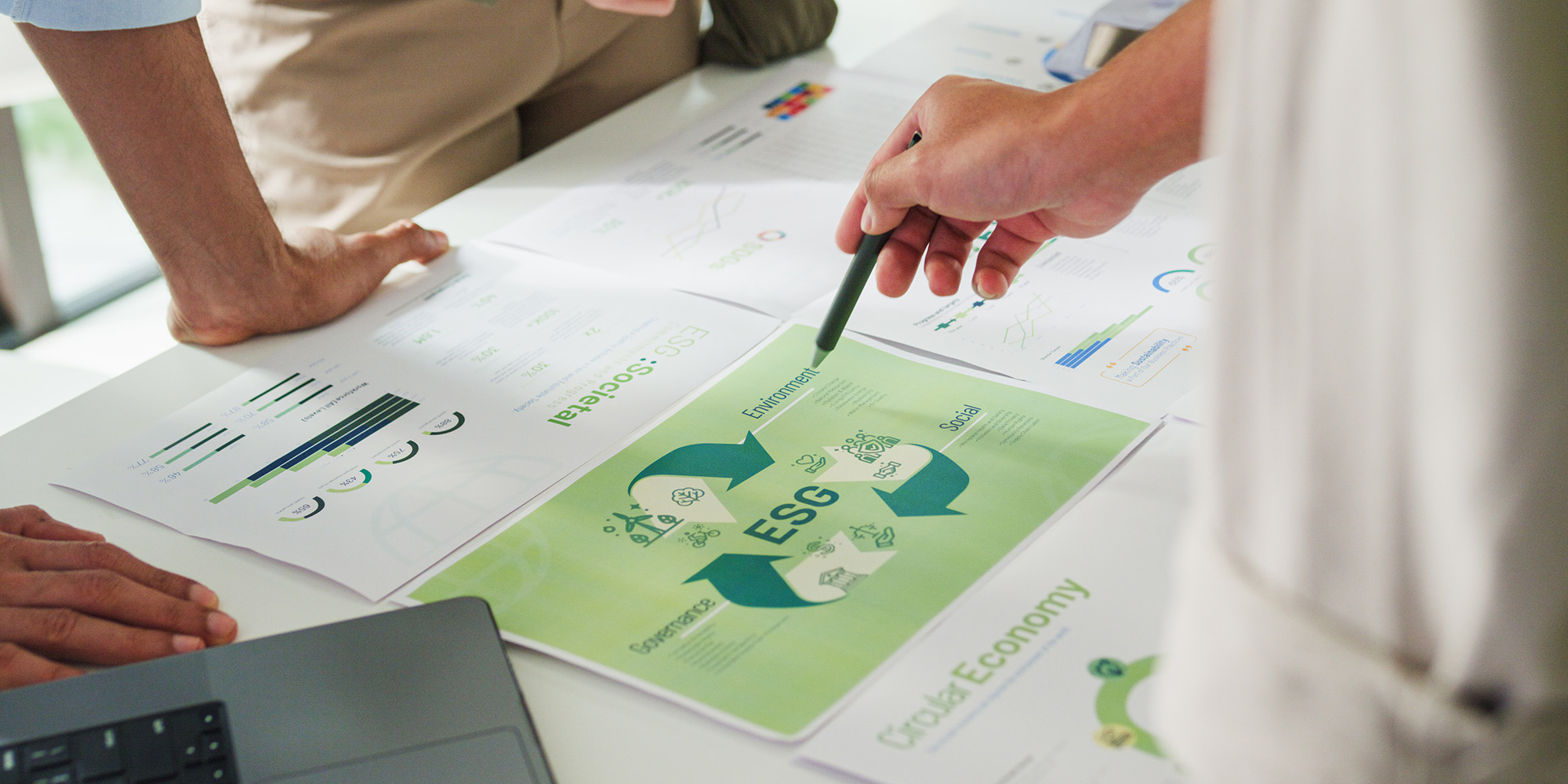Defining Sustainability
"Sustainability is based on a simple principle: Everything that we need for our survival and well-being depends, either directly or indirectly, on our natural environment. To pursue sustainability is to create and maintain the conditions under which humans and nature can exist in productive harmony to support present and future generations.”
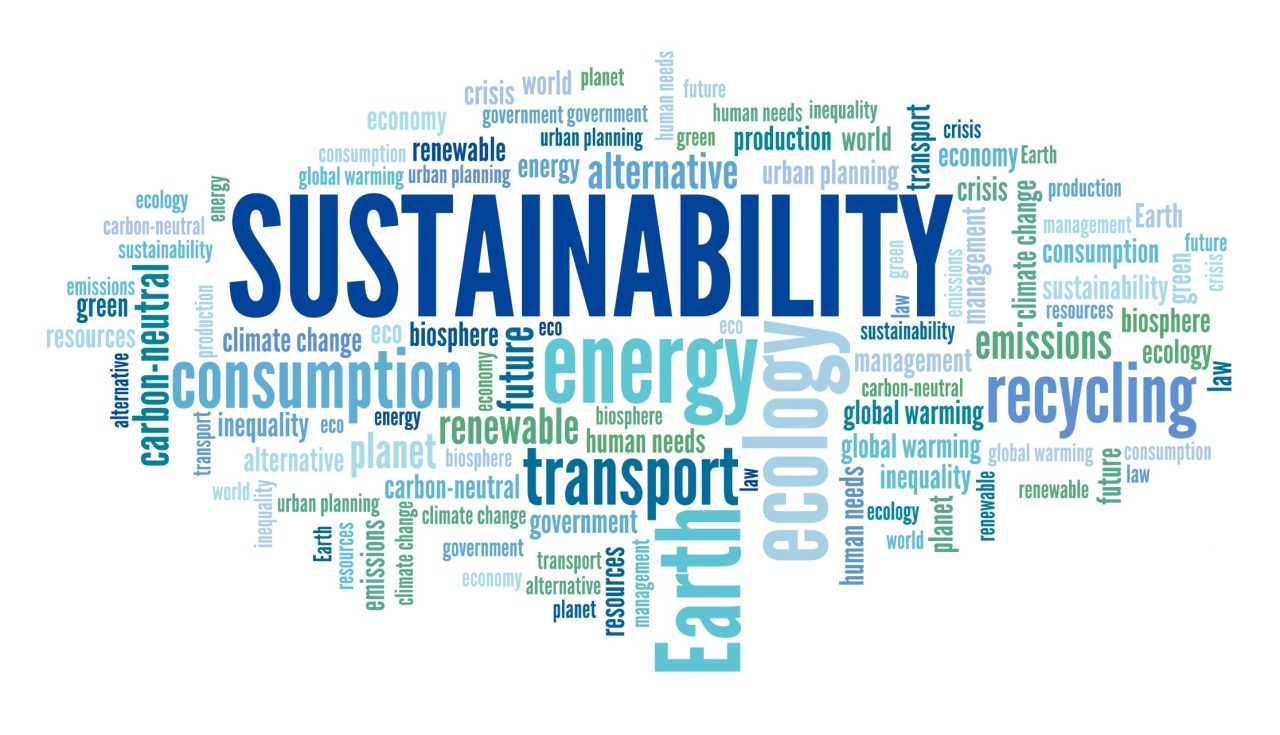
UN Sustainable Development Goals
Stated in simple language, “the Sustainable Development Goals are the blueprint to achieve a better and more sustainable future for all. They address the global challenges we face, including poverty, inequality, climate change, environmental degradation, peace and justice.”
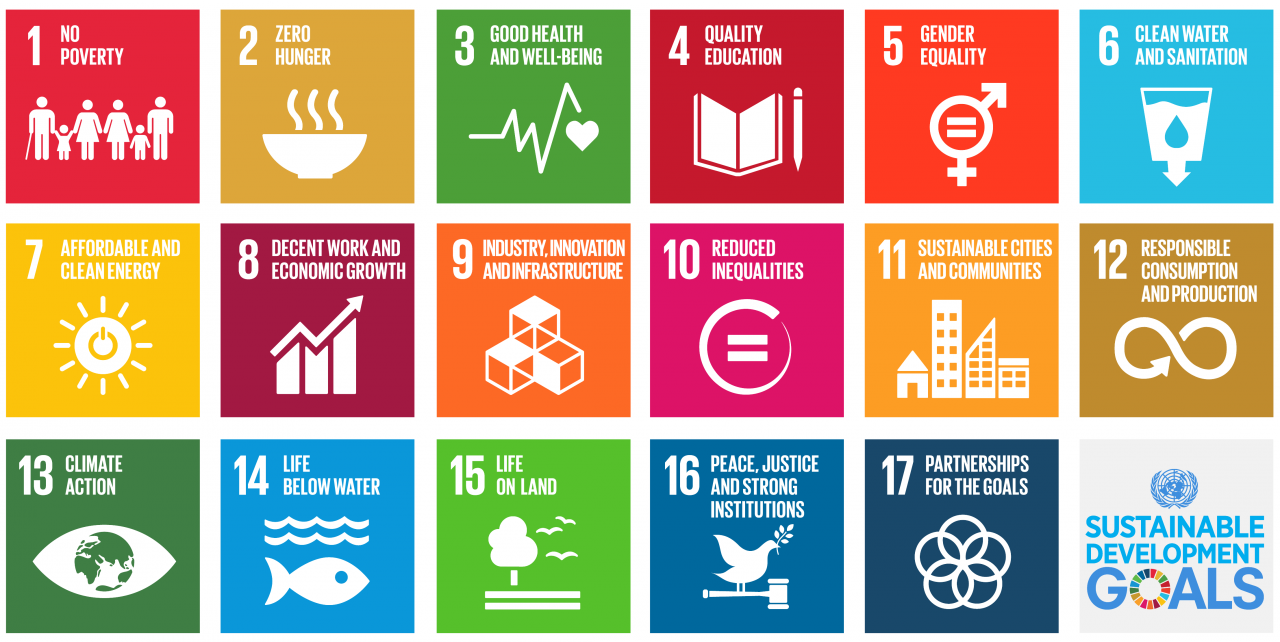
Climate action – understanding how to take action?
Why start with SDG #13?
Climate change is a global challenge that has an impact on all of us. It is also a goal in which a corporate can take immediate action to mitigate emissions and ensure the use of clean energy sources.
“Climate change is the existential threat to humanity”
– US President-elect Joe Biden
Actions to be taken – steps:
- Seek expert advice/guidance (unless you possess in-house expertise)
- Evaluate and describe your Greenhouse Gas Protocol Scope 1, 2 and 3
- Set climate targets (short term, medium term, long term) and align with strategy (involve internal stakeholders)
- Make a climate action plan to reach your targets
- Implement and carry out the plan
Why start with renewable electricity (GHG Protocol Scope 2)?
You are already procuring electricity and you can easily find out from your electricity invoice whether you have a green contract with your supplier or not. The electricity suppliers should disclose renewable electricity on electricity invoices if they have cancelled Guarantees of Origin (GOs) for the delivered amount of energy. This can be documented (for your auditor) with a cancellation statement from the local registry.
If you do not have a ‘green’ contract, then you should request pricing for a green contract and benchmark the pricing with an independent supplier of Energy Attribute Certificates – EACs. EACs document that the energy you consume comes from renewable sources. These are Guarantees of Origin in Europe, RECs in North America and I-RECs in a growing number of countries in Asia, Africa, the Middle East and Latin America. In Thailand you have 2 standards, I-RECs and Tradable Instrument for Global Renewables (TIGRs) and in Australia Large-scale Generation certificates (LGCs) – these are also examples of standards approved by CDP and RE100 for reporting purpose (reporting will be addressed in detail in a future article).
Guarantees of Origin's purpose
For power companies to be able to tell their customers anything about the origin of the electricity in todays unbundled, international and complex power market, they need a way to track electricity from production to consumption.
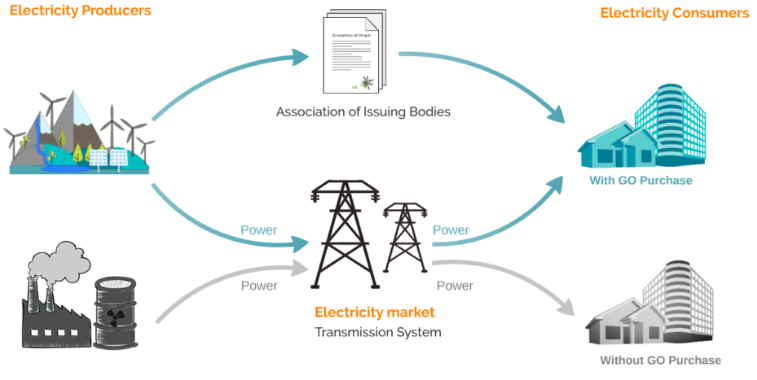
GO is a tracking device or an instrument that ensures that the holder can claim the use of renewable electricity from a named plant or plants identified on the cancellation statement. The GO can be traded and may shift hands several times before the GO can be cancelled on behalf of the end consumer that can make the renewable claim. Consumers who do not choose renewable electricity with GOs will use a mix – Residual Mix – of energy produced from renewable, fossil and nuclear sources.
Residual mix explained: As long as not all consumption is tracked using GOs, a residual mix is needed to make the GO a reliable tracking instrument. A country’s residual mix represents the shares of electricity generation attributes available for disclosure, after the use of explicit tracking systems, such as (the) GO, has been accounted for. Without a residual mix, renewable electricity sold with GOs would be double counted because the same electricity would be disclosed to consumers buying “regular” electricity.
Why document the origin of your electricity use?
According to the EU there are four objectives of fuel-mix disclosure as required by the European Internal Markets Electricity (IEM) Directive (Directive 2019/944/EC):
• Increase market transparency by providing open and easy access to relevant information.
• Comply with the consumers right to information regarding purchased products.
• Enable consumers to make informed choices about suppliers based on the generation characteristics of the electricity they supply.
• Educate consumers and stimulate electricity generation that contributes to a secure and sustainable electricity system.
You must use an Energy Attribute Certificate to be able to claim the use of renewable electricity. The cancellation statement (aka retirement statement) serves as a document to prove such action taken and should be used for reporting.
Why use expertise for procurement of GOs?
To use Europe as an example. If you are going to procure GOs, you need:
- Knowledge about the countries, regulations, import/export restrictions, cancellation procedures, local registries and transaction fees.
- Accounts in each country for receiving GOs and cancelling them e.g. NECS (Statnett is the issuing body for GOs in Norway and keeps a registry for transactions – import/export).
- Knowledge about initiatives and reporting.
- A substantial network of producers/suppliers to procure GOs at a favorable price and ensure smooth delivery to account holder.
- Knowledge about the GO market and the price drivers (supply/demand).
An example on market knowledge:
Nordic Hydro is the most liquid GO instrument in Europe. The largest buyer of Nordic Hydro GOs is Germany. Local electricity suppliers are well supported by German regulators, ensuring that only local electricity suppliers are allowed to cancel GOs. German electricity suppliers procure Nordic Hydro to sell to end consumers commanding a high premium. Norwegian electricity suppliers also put a high premium on documenting renewable electricity use via GOs. This has not been well communicated in Norway, however with efforts from Energy Norway and others, the communication has improved drastically the last 12 months.
Power Purchase Agreements (PPAs)
PPAs have increasingly become an important vehicle in securing renewable electricity. PPAs are long-term agreements between energy buyers and sellers that ensure predictable electricity prices (tenure agreed between parties). PPAs are merely a financial hedge where the parties buy and sell energy on the wholesale market (either directly or through a supplier as the local regulations may require). It is a tool for energy procurement to lock in acceptable electricity prices to support business operations. Doing nothing leaves an organisation exposed to wholesale energy market volatility when your retail contract is reset in the short term. Make sure to evaluate potential changes to your electricity consumption or company setup over the next 10 years, i.e. should your PPA cover 30%, 50%, 75% or 100% of your annual electricity consumption?
It is paramount to do proper research up front, understanding risk elements/exposure when agreeing to a long-term electricity contract. Internal stakeholders must be involved from the start. Your PPA should have a financial positive result combined with impact/sustainability (Energy Attribute Certificates must be a part of the agreement).
Supply chain was briefly mentioned in my previous article and I was delighted to see from a market study that many Norwegian companies choose suppliers with focus on sustainability. It is not only corporates that have a responsibility to support their supply chain in taking climate action, industry organisations should also ensure that their members prioritize climate action. GSMA is an impressive industry organisation that represents interests of the mobile network operators worldwide. The organisation has made commitments to UN’s Sustainable Development Goals for the last 5 years and made in 2019 an industry net-zero commitment to support the focus of SDG #13.

Supply chain will be described in more details in a future article that covers GHG protocol Scope 3. The next blog will address GHG protocol Scope 1 and the connected Sustainable Development Goals.
Feel free to send comments about your concerns pertaining to your sustainability efforts.
I am part of the Ecohz team that are providing small and large companies with climate- and renewable energy solutions.
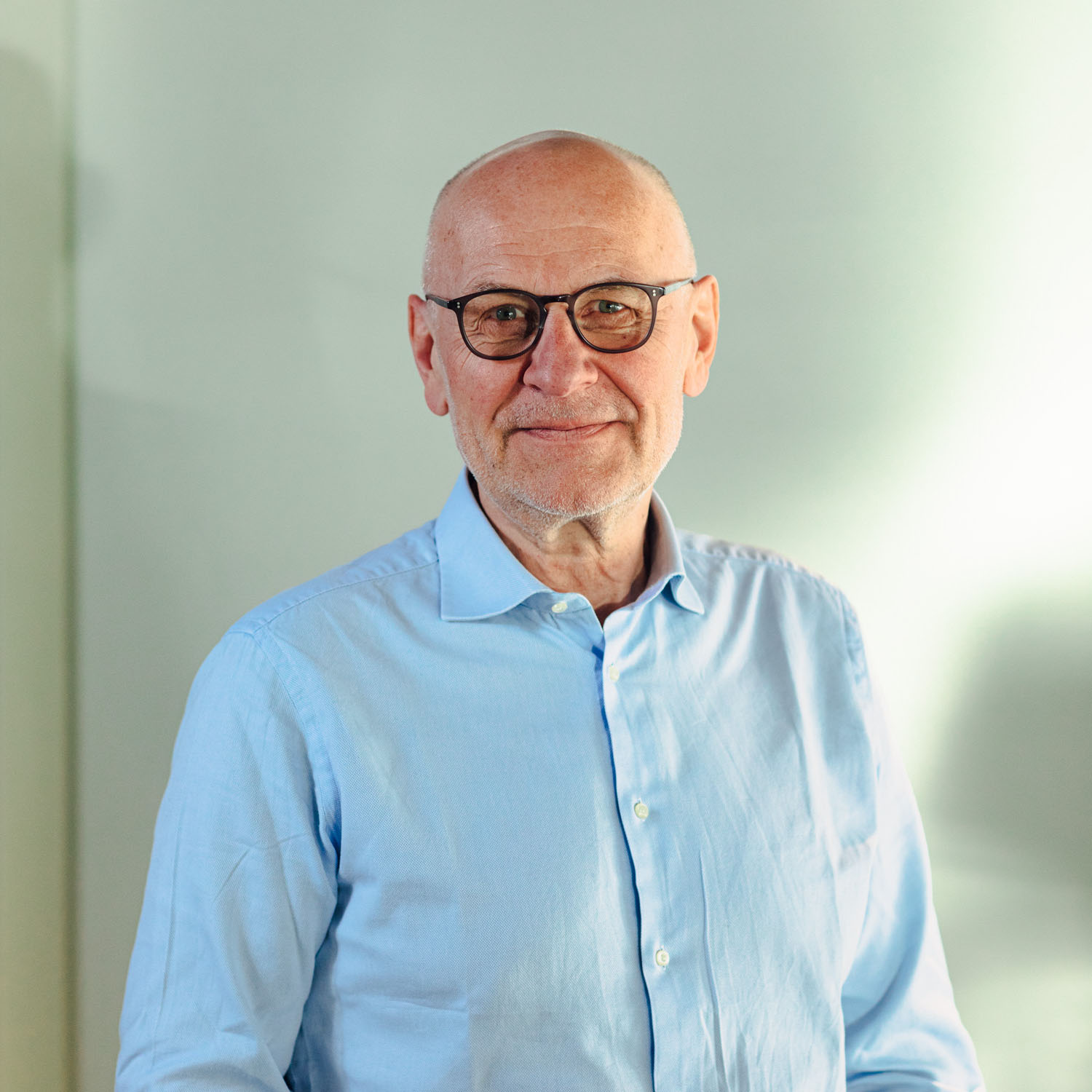
.png?width=3840&height=2560&name=Sun(1).png)

.png?width=3840&height=2560&name=Landscape_2(1).png)
